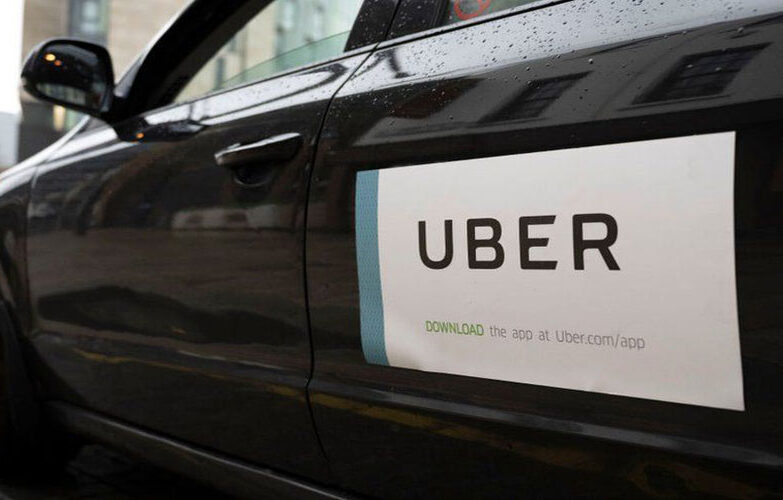Uber Attracts Record Number of Drivers
Uber attracts record number of drivers as cost of living bites. The number of people driving for Uber has hit […]

Uber attracts record number of drivers as cost of living bites. The number of people driving for Uber has hit an all time high, as concerns about the rising cost of living push people to find new ways to make money.
Almost 5 million people are now picking up passengers or making food deliveries for the company, 31% more than last year, boss Dara Khosrowshahi said.
Uber has been struggling with a driver shortage since the pandemic, leading to longer waiting times for customers. High petrol prices also make it harder to earn money on the platform.
But Mr Khosrowshahi said interest in driving for the company was accelerating despite those costs.
“That’s right: more people are earning on Uber today than before the pandemic,” he said in prepared remarks for investors to discuss the firm’s financial performance. “Against the backdrop of elevated gas prices globally, this is a resounding endorsement of the value drivers continue to see in Uber.”
Uber has been criticised for the treatment of its drivers.
In the UK, the Supreme Court ruled last year that the company must count them as workers. But in many countries, including key markets such as the US, Uber classifies drivers as self-employed contractors, meaning they are not entitled to benefits such as minimum wage or holiday pay.
Uber has said drivers value the flexibility to choose their own schedules. But it has also responded to concerns, for example introducing a fuel surcharge that customers pay to help offset driver costs.
It also recently unveiled other changes, including allowing drivers to see how much they will make before agreeing to take a ride, aimed at making their platform more appealing to drivers.
“Rather than relying solely on financial incentives, our goal has been to improve drivers’ overall experience,” Mr Khosrowshahi said.
Higher demand, which had plunged when the pandemic hit in 2020, is also helping to attract drivers back.
Uber said there were 1.87 billion trips on the platform in the April-June period – an average of roughly 21 million per day – up 24% from last year, and 12% more than were taken in 2019 before the pandemic hit.
The rise in demand helped push gross bookings up 33% to $29.1bn (£24bn)
Revenue more than doubled to $8.1bn, though some of that was due to a change to how the company accounts for its UK business.
Despite the gains, the company lost $2.6bn. It said more than half of that was due to a decline in the value of its stakes in overseas companies such as Zomato, Grab and Aurora.
Uber shares jumped more than 13% after the better than expected results. The numbers suggest a path for Uber to become profitable, despite inflationary pressures and lingering driver shortages in some cities, said Dan Ives, analyst at Wedbush Securities. “In a nutshell, despite rising ride share prices throughout the US/Europe clearly consumers are still moving to the Uber platform especially as travel, shifting to the office, and other post pandemic trends take hold globally with Uber poised to benefit into 2023,” he said.